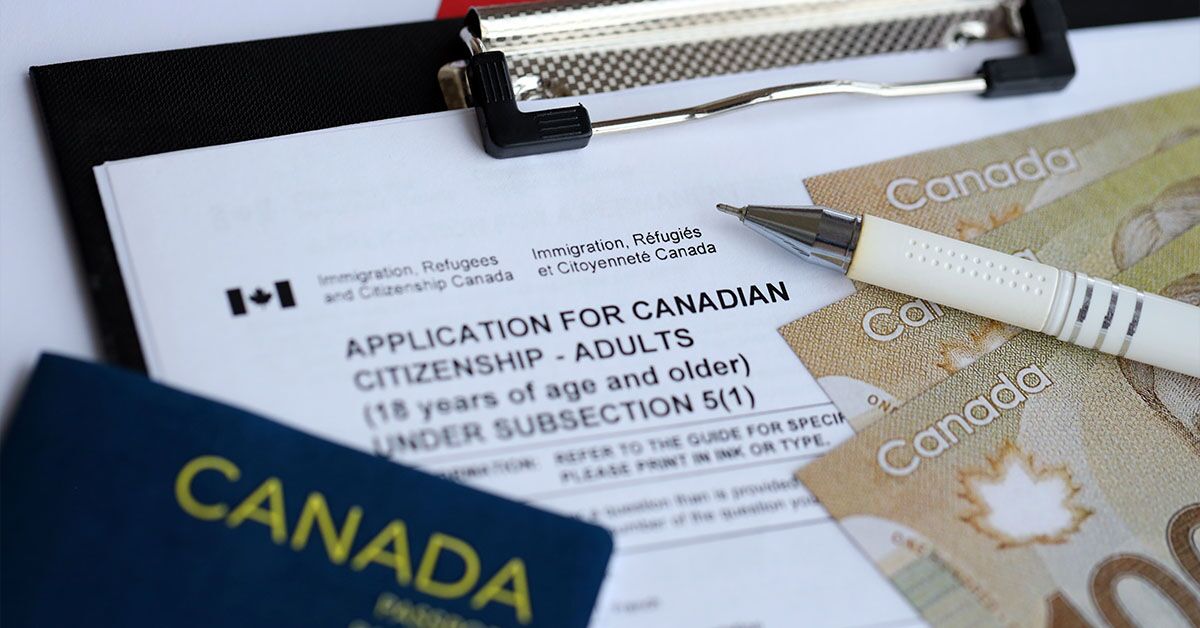
Stricter rules proposed for citizenship by descent under Bill C-3
The federal government has tabled fresh amendments to Bill C-3 that would tighten who can inherit Canadian citizenship from a parent born outside Canada. If these changes become law in their current form, many children born or adopted abroad would face new hurdles to gaining citizenship by descent.
What the new amendments would do
- Limit citizenship by descent for children born or adopted on or after the law comes into force. Children born or adopted before the law takes effect would be exempt.
- Require that a Canadian parent who passes citizenship to a child born abroad must have lived in Canada for at least three years within a five-year period before the child’s birth or adoption. (Earlier drafts did not require the three years to fall inside a single five-year window.)
- Add new eligibility checks for older applicants applying for proof of citizenship:
- Security assessments for applicants aged 18 or older covering national security, human-rights violations, criminality and sanctions.
- Language and civic knowledge tests for applicants aged 18–55, requiring adequate knowledge of English or French and of Canada’s civic rights and responsibilities.
Why this is significant
The bill tightens the rules beyond the “first-generation limit” that was introduced in 2009 — the rule that already prevents second-generation children born abroad from automatically inheriting citizenship. The proposed amendments would further restrict transmission of citizenship to children of Canadians by descent, narrowing the pool of people who can become citizens at birth or by adoption.
Who is affected
- Children born or adopted abroad to Canadian parents who themselves are citizens by descent would be most affected if the bill is enacted as drafted.
- People already born or adopted before the law takes effect are explicitly protected from the new restrictions.
- Applicants aged 18–55 seeking proof of citizenship may face additional language and knowledge requirements and older applicants face security screening measures.
Interim route for those impacted
The government’s interim measures currently allow some people affected by the first-generation limit to apply for discretionary grants of citizenship. That process begins with an application for a citizenship certificate; IRCC reviews eligibility and may invite candidates to request a discretionary grant under subsection 5(4) of the Citizenship Act. Those facing hardship may apply for expedited processing.
Parliamentary next steps and timeline
Bill C-3 must complete third reading in both the House of Commons and the Senate and receive royal assent to become law. Parliamentarians must complete final amendments by the statutory deadline to address the first-generation citizenship rules — the most recent deadline noted by lawmakers is November 20, 2025.
What remains under debate
Committee deliberations removed at least one high-profile amendment that would have ended birthright citizenship (the proposal that children born on Canadian soil should only be citizens if a parent was a citizen or permanent resident). That proposal was rejected by committee members; birthright citizenship as currently written in Canada remains in place for now.
Practical takeaways
- If you were born or adopted before the law comes into force, current drafts indicate you would remain eligible for citizenship by descent.
- If you were born or adopted after the law takes effect, you may need to meet the new parent-residency test and, if you are an adult applicant, possible security and language/civic checks.
- Anyone affected should consider applying now under existing rules or consult an immigration professional about discretionary grant options under interim measures.
For a consultation about Immigration options, reach out to the CAD IMMIGRATION today!




